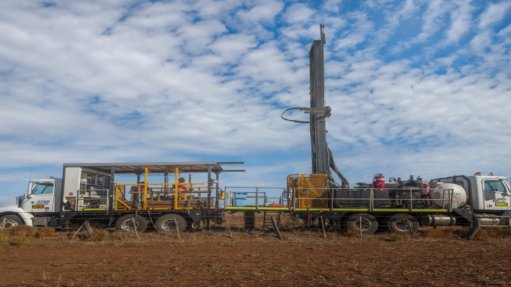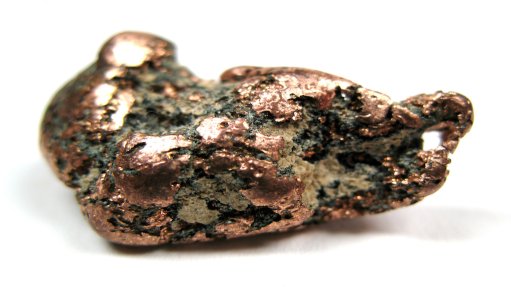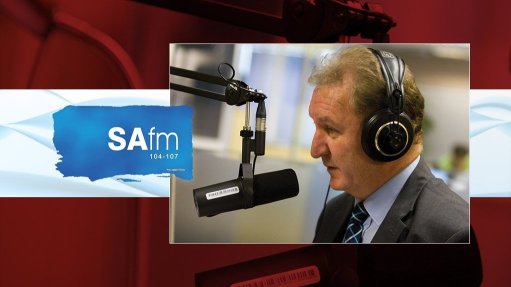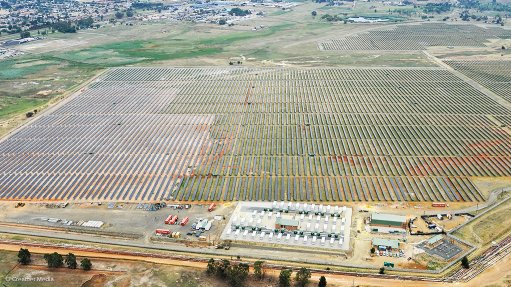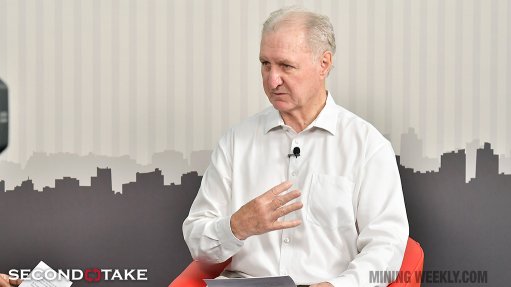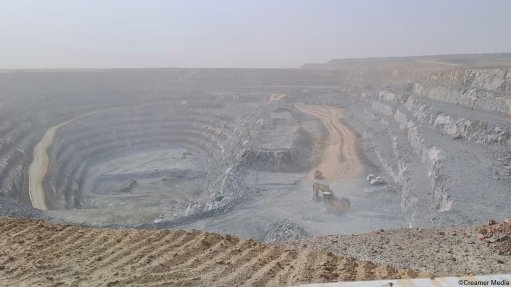UK reaffirms commitment to promote trade and investment with Africa
The British government has again given the assurance that it desires a mutually beneficial and thriving trade relationship between the UK and Africa once the country has left the European Union (EU). This was affirmed by Trade Policy Minister (equivalent to ‘Deputy Minister’ in South Africa) Greg Hands when he addressed the Africa All Party Parliamentary Group in the British Parliament early last month.
“The UK enjoys strong trading relationships with many developing countries, including in Africa, and I am a strong believer that free and fair trade has been the greatest liberator of the world’s poor,” he said. “We must build new economic relationships that are mutually beneficial to both the UK and, crucially, to developing countries and their citizens. “As we leave the EU, we will build and strengthen ties between British and African businesses and help turn the UK into Africa’s trading partner of choice. The potential is exciting and we must endeavour to make it happen.”
Two new pieces of legislation will affect trade between Britain and Africa, he pointed out. These are the Taxation (Cross-Border Trade) Bill and the Trade Bill, which are now before Parliament.
The Taxation Bill provides for the creation of a trade preference scheme for developing countries, once the UK leaves the EU. At the very least, this will maintain the same level of market access as provided by the current EU trade preference scheme. It will ensure continued tariff-free access to the British market for all the least developed countries, as well as maintain significant tariff reductions for about 25 other developing countries.
The Trade Bill will allow the UK to reproduce the effects of the EU’s Economic Partnership Arrangements, that is, to develop tailored trade agreements with African, Caribbean and Pacific countries which will avoid disrupting the current trade frameworks.
Already, the UK Department of International Trade (DIT) has started to substantially increase export finance to promote increased British direct investment in African countries. The DIT is also working in close coordination with the UK Department for International Development to ensure that the core of Britain’s trade and investment policy is achieving development and global prosperity. Late last year, UK International Trade Secretary (equivalent to ‘Minister’ in South Africa) Dr Liam Fox led business delegations to Ethiopia and Uganda to explore new trade and investment opportunities. While in Uganda, he confirmed the completion of the largest-ever loan from UK Export Finance (Britain’s export credit agency) to an African government: £215-million for the construction of a new international airport in the East African country (which will create more than 800 jobs in Uganda).
Two-way trade between the UK and African countries totalled £28.7-billion in 2016, of which £12.7-million was represented by British imports of African goods and services (giving a figure of £16-million for British exports to Africa). In terms of exports, Britain’s leading partners were South Africa (worth £4.3-billion), Nigeria (£2.1-billion), Egypt (£2-billion), Morocco (£1-billion), Ghana (also £1-billion), Angola (£706-million) and Kenya (£611-million). Regarding imports, the order is somewhat different, although South Africa still leads, at £4.4-billion, followed by Morocco (£1.6-billion), Nigeria (£1.2-billion), Egypt (£990-million), Algeria (£789-million), Kenya (£490-million) and Angola ($417-million).
“[T]he government places tremendous importance on strengthening our economic ties with the continent,” assured the DIT in a press release. “No country has achieved long-term growth, stability and poverty reduction without embracing trade and, in turn, these economies represent our trading partners of the future”
Article Enquiry
Email Article
Save Article
Feedback
To advertise email advertising@creamermedia.co.za or click here
Announcements
What's On
Subscribe to improve your user experience...
Option 1 (equivalent of R125 a month):
Receive a weekly copy of Creamer Media's Engineering News & Mining Weekly magazine
(print copy for those in South Africa and e-magazine for those outside of South Africa)
Receive daily email newsletters
Access to full search results
Access archive of magazine back copies
Access to Projects in Progress
Access to ONE Research Report of your choice in PDF format
Option 2 (equivalent of R375 a month):
All benefits from Option 1
PLUS
Access to Creamer Media's Research Channel Africa for ALL Research Reports, in PDF format, on various industrial and mining sectors
including Electricity; Water; Energy Transition; Hydrogen; Roads, Rail and Ports; Coal; Gold; Platinum; Battery Metals; etc.
Already a subscriber?
Forgotten your password?
Receive weekly copy of Creamer Media's Engineering News & Mining Weekly magazine (print copy for those in South Africa and e-magazine for those outside of South Africa)
➕
Recieve daily email newsletters
➕
Access to full search results
➕
Access archive of magazine back copies
➕
Access to Projects in Progress
➕
Access to ONE Research Report of your choice in PDF format
RESEARCH CHANNEL AFRICA
R4500 (equivalent of R375 a month)
SUBSCRIBEAll benefits from Option 1
➕
Access to Creamer Media's Research Channel Africa for ALL Research Reports on various industrial and mining sectors, in PDF format, including on:
Electricity
➕
Water
➕
Energy Transition
➕
Hydrogen
➕
Roads, Rail and Ports
➕
Coal
➕
Gold
➕
Platinum
➕
Battery Metals
➕
etc.
Receive all benefits from Option 1 or Option 2 delivered to numerous people at your company
➕
Multiple User names and Passwords for simultaneous log-ins
➕
Intranet integration access to all in your organisation






